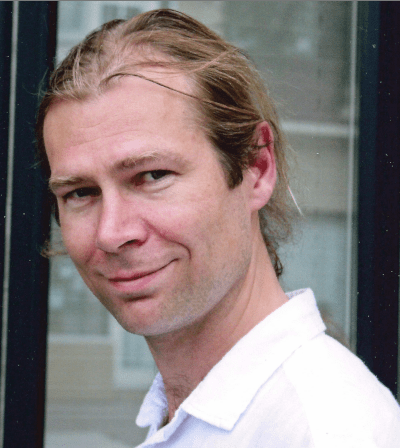No products in the cart.
The scientific program “Theoretical Microeconomics” is in continuation of the “Mathematical Economics and Games” research axis, including new research directions. This scientific program relies on a strong interdisciplinarity, gathering researchers in mathematics, computer sciences, and economics, around common questions and issues. The program is already very productive in publications in high level journals, and is strongly involved in training in teaching at various levels. Our objective is to reinforce these aspects in the coming years.
The members of the scientific program maintain numerous international collaborations, implying a constant flow of visiting researchers along the year, visits and stays abroad of the members of the program, and the organization of many seminars (see below) and scientific events, among which we mention SWET (Summer Workshop on Economic Theory) and OSGAD (Ordered Structures in Games and Decision), which are ogranized every year.
Strong collaborations are established in particular with University of Bielefeld (both on research and teaching levels: 2 doctoral programs (EDEEM, ExSIDE), a master program (QEM), these programs still gathering other universities: U. Foscari de Venise, Université Catholique de Louvain, University of Amsterdam, etc.), University of Southern Denmark, HEC Montréal, Higher School of Economics Moscow, London School of Economics, King Saud University Riyad, University of Princeton, University of Napoli, Institut de Mathématiques Pures et Appliquées de Rio de Janeiro, etc.
The research project is centered around the different approaches of the modelling of economic and social interactions among different agents. Foundations of decision making in various frameworks and different mechanisms permitting the coordination of actions and resource allocation are studied. Emphasis is put on the formal modelling of these phenomena.
The research topics cover the following areas of mathematical economics: game theory (noncooperative, cooperative, stochastic), socio-economic networks (centrality, opinion dynamics, contagion and diffusion), decision making (risk and uncertainty, multicriteria decision), general equilibrium and financial markets, bargaining, social choice and welfare (inequalities, fairness). The complementarity of these different approaches and the interdisciplinarity of the researchers (mathematics, economics, computer sciences) ensure a large covering of various economic and social situations, as well as the dynamism of the research.
The members of the scientific program are also involved in doctoral supervision and in the master programs: Master Erasmus Mundus QEM (Models and Methods in Quantitative Economics), Master MMMEF (Modélisation et Méthodes Mathématiques en Economie et Finance), Doctoral Program ExSIDE (Innovative Training Network : expectations and Social Influence Dynamics in Economics). They have in charge many courses on various topics in economics and applied mathematics at Université Paris 1 Panthéon-Sorbonne : General equilibrium, Game theory, Cooperative games, Decision under uncertainty and risk, Stochastic calculus, Combinatorial optimization, Information and dynamics in games, Microeconomic of insurance, Rationality and strategy in economics and politics, Network theory and applications, Fixed point theory, Computational models of socio-economic interactions, Sustainable development, among others.
































